Together, we expanded reproductive freedom
At more than 16,000 Ipas-supported health access points across 23 countries, the support of our donors and partners enabled more than 2.2 million people to access legal abortion or contraception in 2024.
Thank you!
Together, we stand against unprecedented challenges, and together we will ensure people have the right to make fundamental decisions about their own bodies and health.
Please consider continuing your support today.
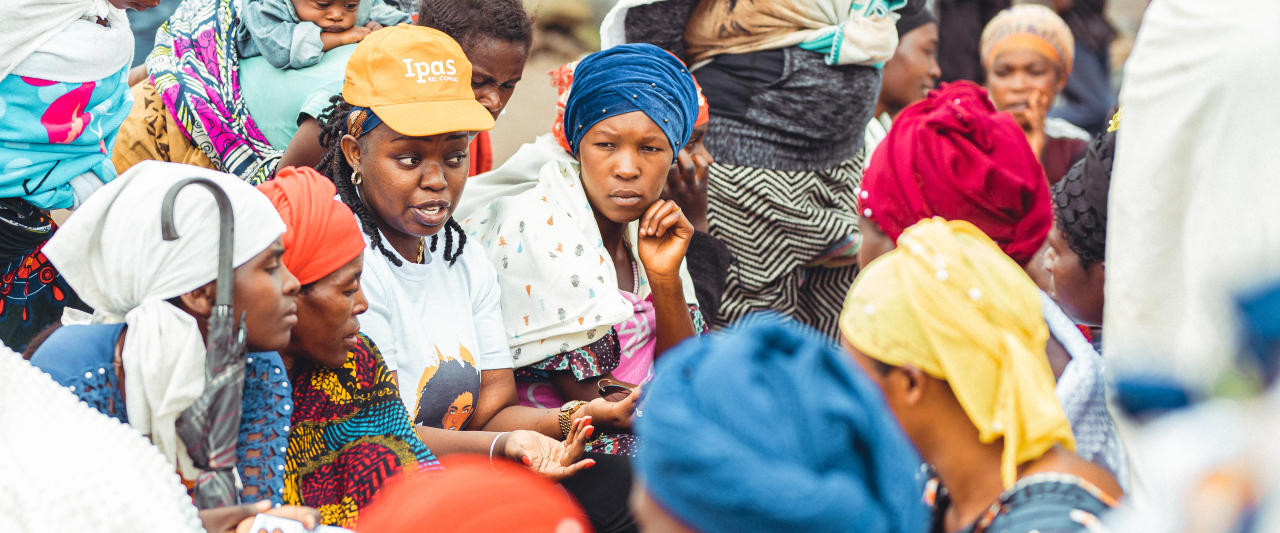
Pictured above, Ipas’s Dr. Celestine Buyibuyi gives out supplies to people displaced by violent conflict in Democratic Republic of Congo.
Bringing abortion access to those who need it most
“I was born in a war season and grew up in a war season. My story is one shared by millions in my home country of the Democratic Republic of Congo (DRC), where years of conflict and recent intensified fighting have forced countless people into overcrowded displacement camps.
For women and girls in these camps, access to contraception, emergency contraception, legal abortion, and care for sexual violence is critical and lifesaving. That’s why Ipas DRC has set up mobile health clinics in some camps to deliver essential reproductive health services where they’re needed most.
My motivation for doing this work is simple: When I see a woman suffering, I see myself suffering.”
— Dr. Celestine Buyibuyi, community engagement advisor for Ipas DRC. See what a typical day for Dr. Celestine looks like.
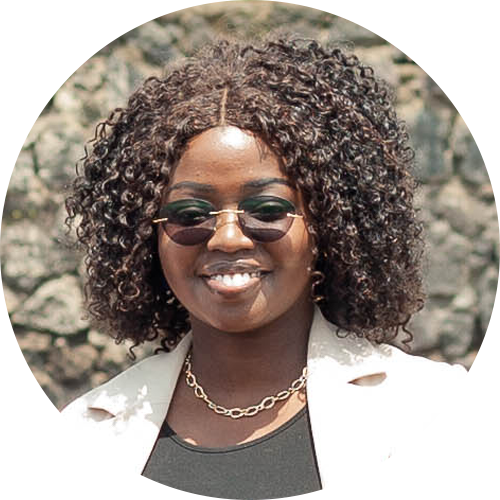
We helped health systems expand legal abortion access
access points supported by Ipas
At Ipas-supported health access points across 23 countries:
people received abortion care
people received contraception
© Ipas Nigeria and Sophoto Studios
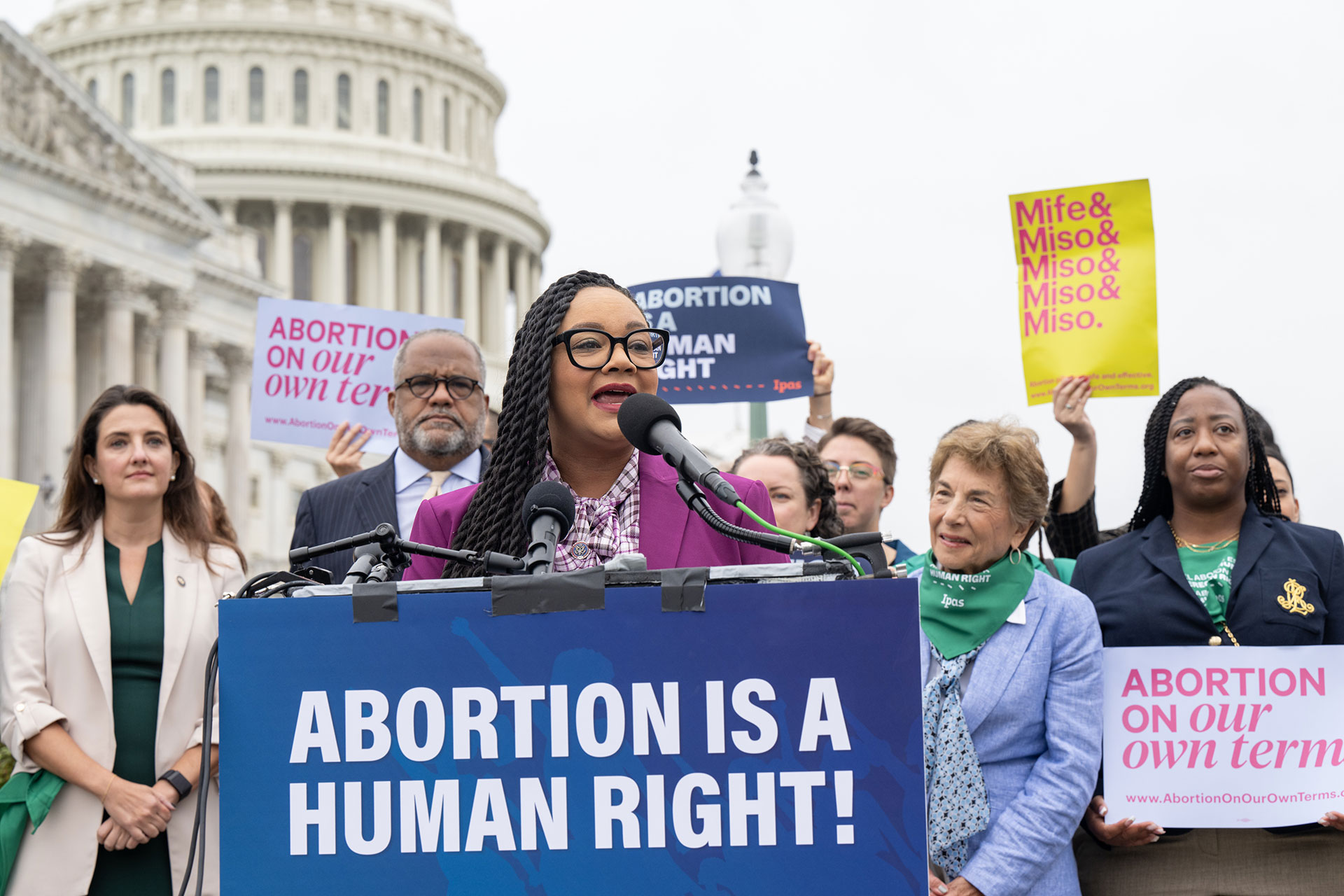
Pictured above: U.S. Representative Nikema Williams speaks at a press conference introducing a resolution to the U.S. Congress that supports abortion as a human right.
Building support for abortion as a human right
“We are seeing the deadly result of abortion bans in Georgia and around the country. That is why this resolution is important: it affirms that reproductive freedom is a fundamental human right according to the United States’ own law, and that state abortion bans are violating federal law and endangering the lives of women.”
— United States Representative Nikema Williams of Georgia, as she introduced a resolution to the U.S. Congress condemning the criminalization of abortion in the U.S. The resolution urged governments at all levels—federal, state and local—to uphold abortion as a human right. Ipas helped spearhead the resolution, alongside its U.S. partners.
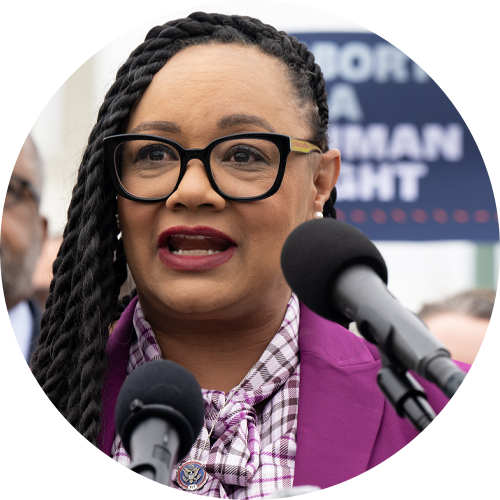
We built political support and leadership for abortion rights
policy changes to expand abortion access in 12 countries
positive public statements supporting access to abortion
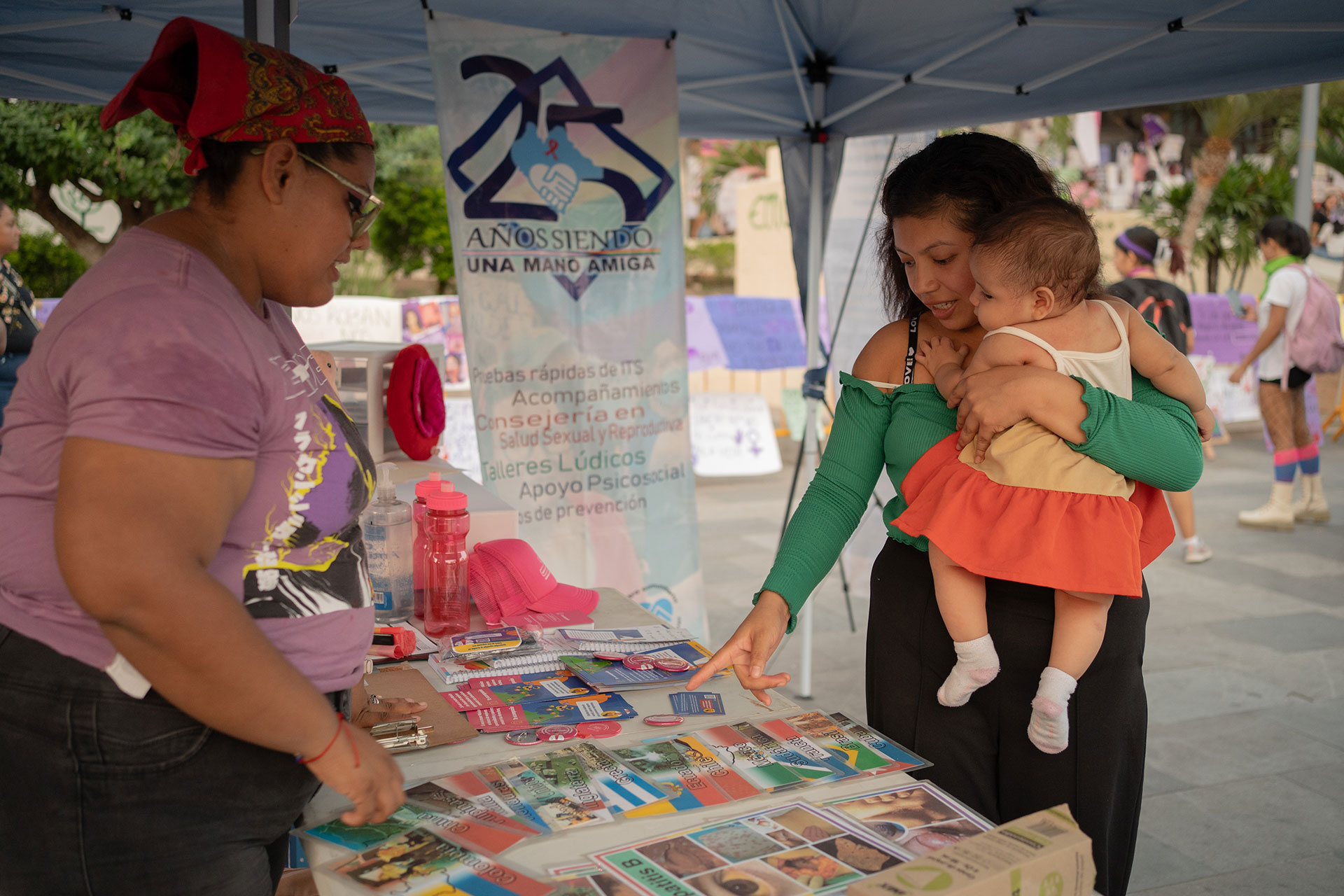
Pictured above: Elizabeth Martínez, a migrant woman from Honduras, visits a table in Tapachula, Mexico, with information on how to use Ipas’s chatbot to find reproductive health care.
Helping people find vital health information and care
“I feel very reassured and heard when I use Te Acompaño [chatbot]. It reassures us that, as women, we’re free and fully entitled to choose what to do with our own bodies and to feel protected. The tools also are useful for having a safe abortion and making sure that our health is not at risk.”
— Elizabeth Martínez, a migrant from Honduras, crossed Mexico’s southern border looking to build a better life for her young children. There she learned of Ipas’s chatbot—Te Acompaño, which means “I accompany you” in Spanish—created especially to connect migrants with the reproductive health information and care they desperately need. Ipas worked with a broad array of partners and many migrants themselves to design this innovative web-based chatbot that’s expanding legal abortion access along the main migration routes in Mexico.
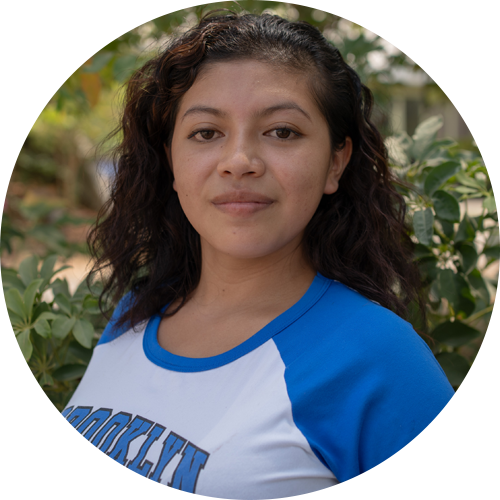
We reached millions across the world with information on reproductive health
Some examples of our impact:
In LATIN AMERICA, Ipas supported 31 civil society organizations across seven countries with community outreach to advance sexual and reproductive health, particularly access to contraception and abortion. Activities reached over 108,000 people.
In two counties in KENYA, eight community-based organizations supported by Ipas reached 2,241 community members with information about abortion and contraception. An evaluation showed that women who received the information had improved self-efficacy around abortion.
In two states in INDIA, an evaluation showed that Ipas’s youth-focused community outreach activities increased people’s awareness that abortion is legal, and also greatly increased women’s ability to initiate family planning decisions and manage their own sexual and reproductive health.
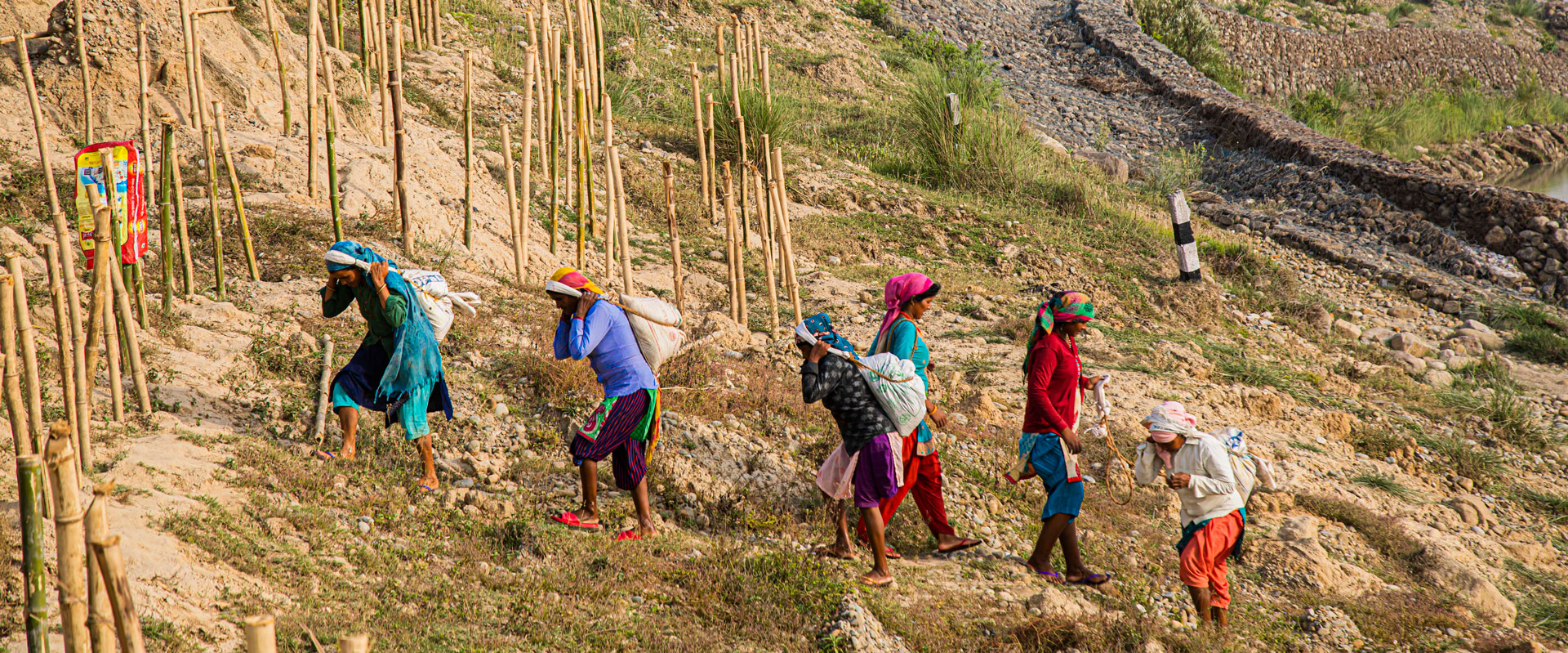
Pictured above: Women work on the bank of Nepal’s Khutiya River, which was destroyed by flooding. Nepal is one of the countries in the world most impacted by climate change and has suffered increasing climate disasters in recent years.
Ensuring climate change solutions include reproductive health
“Women need contraceptives and abortion care just as much as they need food and clean water during emergencies like floods.”
—Khusbu Poudel, Ipas Nepal’s program coordinator for climate justice, gender, and sexual and reproductive health and rights, is helping build climate-resilient health systems in a variety of ways. She and her teammates have constructed strategically located health facilities so women can still access reproductive health care after floods or landslides. And the team has so far supported 10 local governments to create climate change adaptation plans that address the need for accessible reproductive health care.
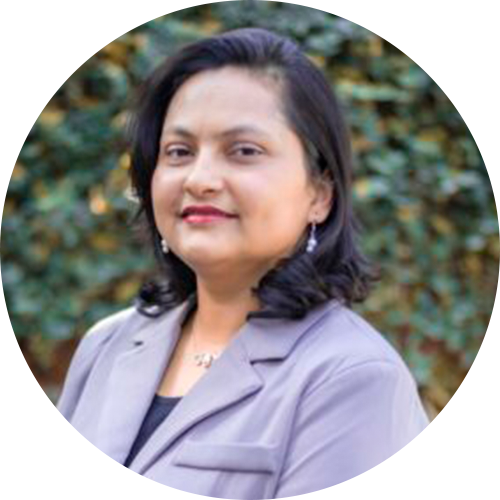
Our work is only possible because of supporters like you
Together, we are transforming lives, breaking down barriers, and advancing reproductive justice in some of the most challenging places. In rural villages and urban centers worldwide, your commitment ensures that everyone—no matter who, no matter where—has the power to make decisions about their own health and futures.
Thank you for standing with us as we continue the fight for reproductive freedom for all.
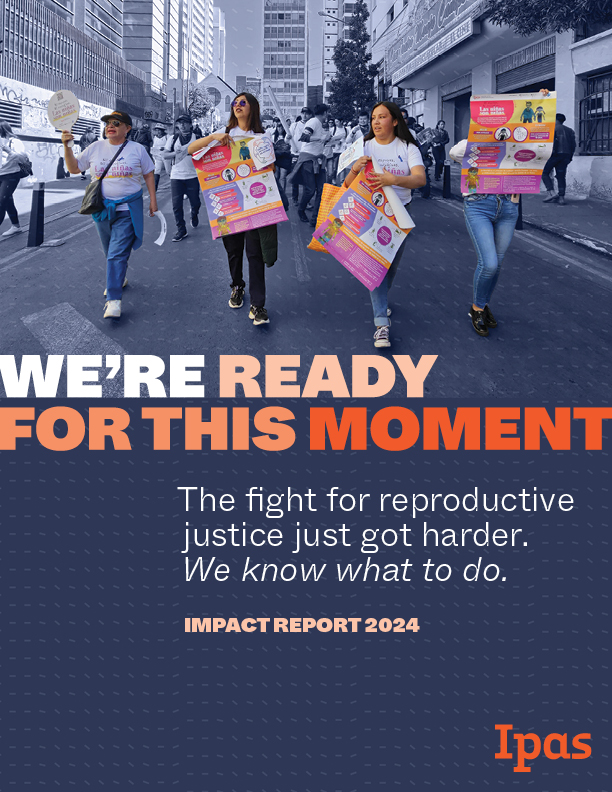
We’re ready for this moment: The fight for reproductive justice just got harder. We know what to do.

